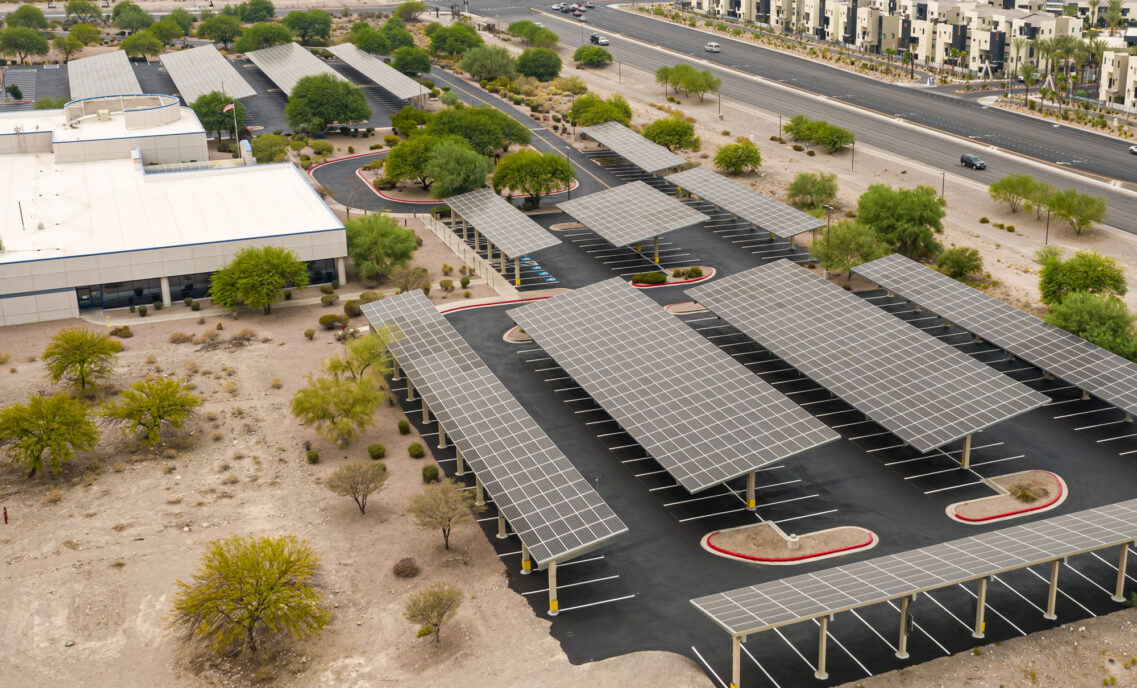Editor’s Note: The following post comes from Tomasz Telma, Senior Director for Manufacturing, Agribusiness and Services for the International Finance Corporation (IFC). IFC—a sister organization of the World Bank and member of the World Bank Group—is the largest global development institution focused exclusively on the private sector in developing countries. The Bank Group has set two goals for the world to achieve by 2030: end extreme poverty and promote shared prosperity in every country.
This summer in Washington D.C. has been one of extremes—weeks of drought followed by weeks of record rainfall accompanied by flash flooding. It has given us a small taste of how everyday life can be disrupted by erratic weather and a harbinger of the potential harm of climate change.
According to the U.S. National Oceanic Atmospheric Administration, the eight warmest years on record have occurred since 2005. Average global temperatures are running about three-quarters of a degree above the 20th century average and likely going higher. To head off the worst-case scenarios for global warming, the Paris Climate Agreement committed governments to the goal of limiting the rise in average global temperatures to below 2.0 degrees Celsius, compared with pre-industrial temperatures.
Delivering on the Paris Agreement requires more concerted public and private efforts to limit GHG emissions. The good news is that more private companies are finding attractive investment opportunities in solving the climate challenge. For example, the ready-made apparel sector is a large user of water, energy and chemicals in its production processes, leading to wastewater pollution. That’s why it was heartening to see the announcement by Levi Strauss & Co. of its ambitious targets for reducing carbon emissions across its supply chain. Our experience in working together with LS&Co. and with other companies has demonstrated that it is possible for business to address climate impact beyond directly-owned facilities.
Resource efficiency is a great example of low-hanging fruit. Curtailing water and energy usage reduces business costs along with carbon emissions, enabling companies to rapidly offset much—or even all—of the cost of investment. To reduce energy, water and chemical consumption in Bangladesh, IFC’s Partnership for Cleaner Textiles (PaCT) brought together key stakeholders, including the international sustainability network, Solidaridad, the Bangladesh Garment Manufacturers and Exporters Association, 13 global apparel brands, two technology suppliers, 215 apparel suppliers, and financial institutions. PaCT is supported by the government of the Netherlands,
The results have been significant. The program saves almost 22 billion liters of water and 2.5 million megawatt hours of energy annually. It keeps over 460,000 tonnes of carbon dioxide equivalent each year out of the atmosphere and has saved suppliers more than $16 million annually.
LS&Co. is working with IFC to expand the PaCT program globally for an even bigger impact. A pilot of six suppliers with manufacturing sites in Bangladesh, India, Sri Lanka and Vietnam reduced greenhouse gas emissions on average by nearly 20 percent in one year, and saved suppliers more than $1 million in operating costs. LS&Co. plans to expand the program beyond the garment assemblers to fabric mills, a particularly resource-intensive part of the apparel supply chain.
In addition to saving money on energy and chemicals, textile suppliers which invest in sustainability can also benefit from lower-cost financing. IFC’s Global Trade Supplier Finance (GTSF) program offers financing backed by receivables from major global brands. In 2014, IFC and LS&Co. introduced a new feature whereby suppliers with stronger environmental and social performance, as measured by the LS&Co. Terms of Engagement score, can qualify for lower interest rates. Lower rates are consistent with lower risk and offer a financial incentive for suppliers to invest in sustainability. Since joining GTSF, US Apparel, a Pakistan-based LS&Co. supplier, has sped up receivables payments by an average of 55 days and is saving $40,000 annually in financing fees.
These are just a couple of examples of climate business initiatives that can spur the investment required to address this urgent global challenge. There are many other examples at IFC and beyond. In fact, climate investments have grown to a third of IFC’s overall new commitments—reaching $8.3 billion during fiscal year 2018, including funding mobilized from other investors. Global warming threatens economic and social well-being around the world. People living in poverty are least equipped to cope with the upheaval caused by erratic rainfall, storms, and water shortages predicted to result from climate change. For IFC, the part of the World Bank Group devoted to private sector development, investing in climate business is central to our strategy for addressing poverty and for boosting economic opportunities.







